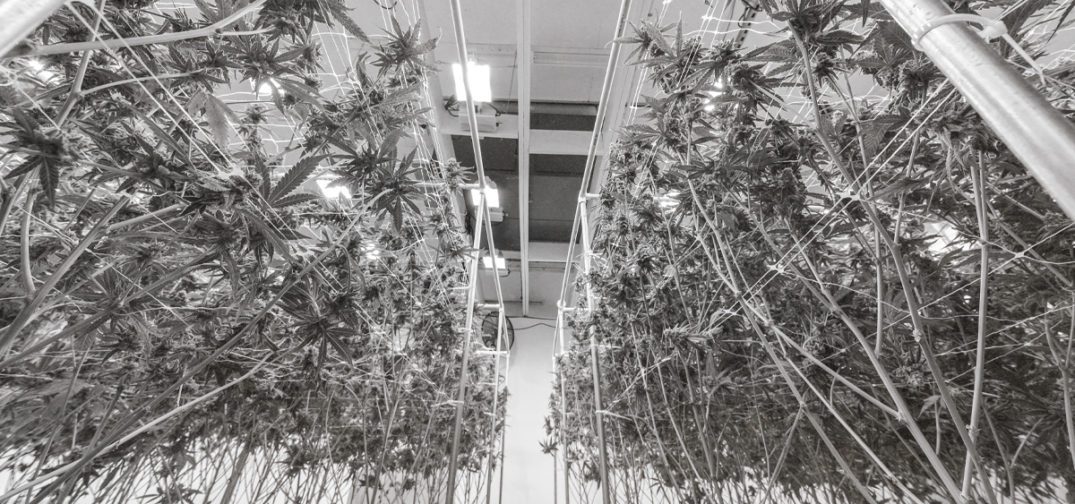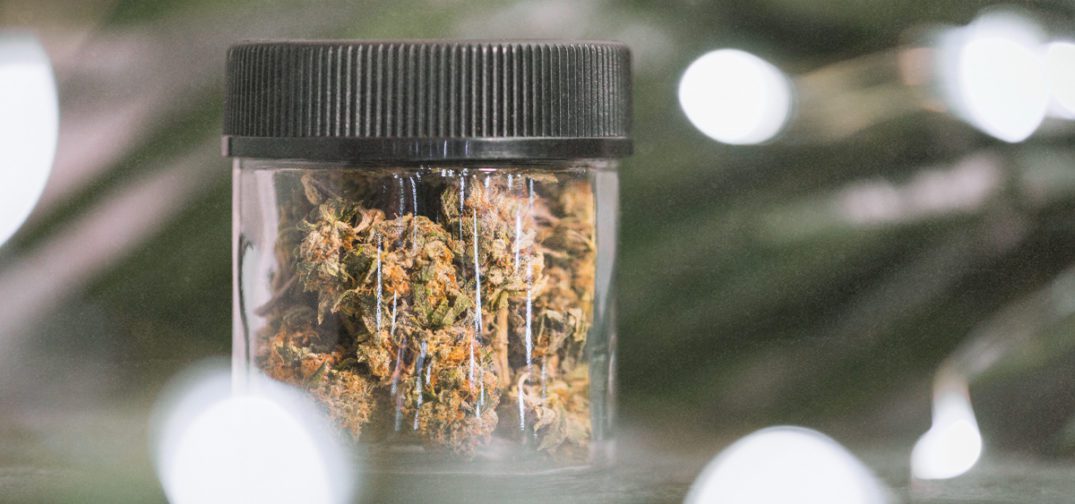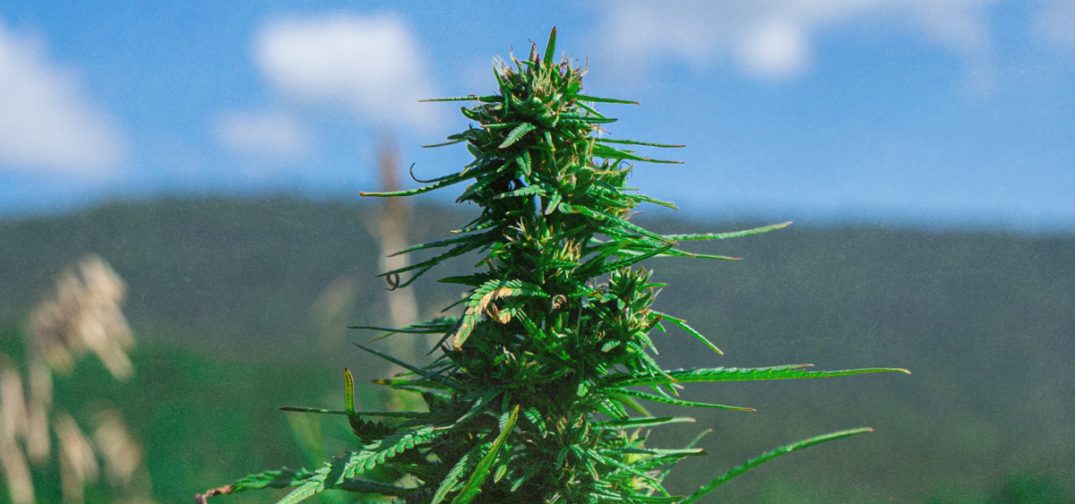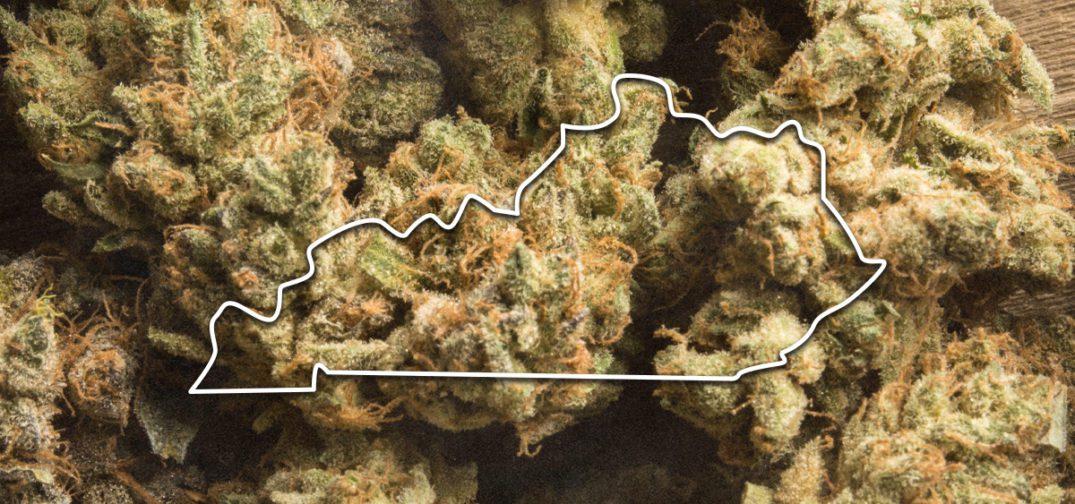While it may seem like there is no shortage of people who are excited to work in cannabis, hiring employees and employee retention still represent significant hurdles for cannabis business owners.
We recently connected with Kara Bradford and David Murét, who co-founded the cannabis industry’s original and most proven talent recruitment firm, Viridian Staffing, to discuss hiring hurdles in the cannabis space. This interview also covers tips for keeping your team together despite a trend of resignations following the coronavirus pandemic, advice for hopeful employees looking to land their cannabis dream job, and more!
Scroll down to read the full interview.
Viridian Staffing is rapidly approaching its 10-year anniversary of serving the cannabis industry — how would you say the industry hiring process has changed or evolved over that time?
It’s been a wild ride! When we first started Viridian not a single adult-use license had been granted in Washington State, so we were limited to working with existing medical cannabis businesses, early-stage licensees in Colorado and other ancillary firms. Most of these companies were still leaning heavily on their immediate network of friends and family and when that wasn’t enough, they’d usually turn to Craigslist, which was one of the only sites that wouldn’t remove Cannabis-related job postings at the time.
Public attitudes towards cannabis have improved greatly since then. While some people we knew thought we were smart to found the industry’s first recruiting firm, others feared that we were committing career suicide. We even wondered ourselves at times, but we managed to keep the faith. The stigma certainly frustrated our early recruiting efforts. We had many candidates who would hang up on us or tell us never to contact them again. Today it’s very different. Even if people aren’t interested, they are far less likely to be hostile. Matter of fact, we’ve witnessed a striking trend among people who once said that the cannabis industry was out of the question for them circle back with us to express a change of heart. That has certainly felt gratifying.
While the social climate and potential candidate pool has improved greatly, recruiting in cannabis still has its challenges and unique complexities. In 2020 we witnessed a huge upsurge in interest among job-seekers that greatly exceeded the number of opportunities available. Then, around mid – 2021 we saw another large shift in the labor market. Workers across industries, particularly around the lower end of the pay scale began demanding higher wages, better benefits, and better work environments. While many cannabis companies have been at the forefront of creating great company cultures, the wages and benefits that larger companies began offering in retail, customer service and light manufacturing left many of our clients feeling the squeeze. But if the recession that a growing number of market analysts are predicting this year or in 2023 materializes and unemployment rises, we will likely see power shift back towards employers.
Another thing that makes staffing & recruiting in cannabis more challenging than in most other industries is the complex patchwork of badging, background & fingerprinting requirements, state-to-state, that can and often do result in significant hiring delays. These hiring delays often cause companies to miss out on great talent because many candidates aren’t willing to wait around or jump through the extra hoops when they have plenty of other options available to them.
One of the most positive changes we’ve seen over the past few years is industry employers becoming more serious about recruiting a diverse workforce. While this has long been something that industry leaders have paid lip service to, we’ve seen more of them putting their money where their mouth is and making it a real priority.
Another area we’ve seen Cannabis companies evolve is in making more data-driven decisions about their workforce planning. For the first several years when we would ask our clients how many workers they believed they needed, they would just guesstimate and were usually over or under what was ultimately required. Sometimes significantly so. Now when we ask this, most companies will come back with an answer more along the lines of, “We typically have x pounds of dry flower to package at the end of the harvest and the workers are typically able to package x pounds/day, so based on our past data, we should need x people.” This has made life better for everyone involved, including the workers.
In a shift often called ‘The Great Resignation,’ a record 47 million Americans quit their jobs in 2021. Have you seen similar patterns in the cannabis space, and what could be the cause?
Yes, the cannabis industry hasn’t been immune to this larger trend.
Whether you call it “The Great Resignation,” or “The Great Reshuffling,” the fact of the matter is that the Covid pandemic caused many Americans to look at their relationship with their jobs and reevaluate what was most important to them. The contributing factors included things like a greater interest in remote working arrangements or more flexible work hours allowing for a better work/life balance. A recent report in Pew Research also shed additional light on reasons why so many workers decided to walk, including low pay, lack of advancement opportunities, feeling disrespected at work, and challenges related to childcare.
As businesses of all kinds found it harder to attract or keep the workers they needed, larger US employers in similarly skilled industries began hiking their wages, some even offering large hiring bonuses. Cannabis workers saw this and began turning down pay rates they would have accepted just months earlier. This left cannabis companies with the tough decision to meet the new market demand by running on even thinner margins, cut production, or to try to squeeze the shortfall out of their existing employees, increasing the risk of losing those people as well.
Many cannabis companies also experienced an increased demand for safer or more comfortable work environments. One example being the understandable fear created by an increase in armed robberies, forcing many retailers to hire armed on-site security.
Today with gas prices hovering around record highs, workers are far less likely to consider a job that requires a significant commute. This has served to cancel out some of the advantages of firms that intentionally located their production or processing operations in relatively remote areas to take advantage of lower costs. In some instances, we have had to go as far as chartering private shuttle services to deliver workers and pass the cost onto the employer.
What are the biggest employment-related hurdles facing cannabis companies today?
The state-by-state badging process is the greatest hurdle today. These badging processes often take 2-3 weeks, which isn’t realistic for companies who are hiring hourly workers they really need to start quickly. Workers are similarly unlikely or unable to wait and end up taking other jobs in hospitality, traditional retail, or warehousing where they can often start the next day. Another galling feature of badging in some states is the exclusion of individuals who have non-violent cannabis offenses. Laws and regulations like these only serve to punish those who were most negatively impacted by prohibition and help keep the unregulated market alive.
Another challenge many cannabis employers face is their dependance on continued access to capital and/or debt financing. It is not uncommon for such firms to base their hiring decisions on anticipated investment funding and are then forced to lay off workers or cancel their orders with us if the funding is delayed or doesn’t materialize. It’s a bit of a chicken/egg scenario, as they need more workers in order to produce more product, but they need better revenue numbers to secure additional funding. It’s not fun when our workers or candidates get caught in the middle.
And as stated before, the current cost of gas is becoming a serious issue. This is a rapidly evolving situation, but companies are starting to see attrition due to workers wanting to find work closer to home or that pays more because an increasing number of workers can’t afford to absorb the added cost of commuting.
Do you have any tips to help cannabis companies retain their workforce during a tumultuous job market?
Absolutely! The key is to focus on creating a happy, positive work culture. If your employees enjoy working for you, they will become ambassadors of your organization. The least expensive and often best hires you will ever make will come from your best employees referring their friends and family.
One of the best ways to create a positive culture is to listen to your employees. I’d suggest surveying your employees at least once a year, conduct listening tours, or find other means of soliciting constructive feedback. Lack of communication is the top complaint we hear from workers when conducting interviews. Communicate clearly and be transparent with your employees, and this will help you retain a happy workforce.
Offer whatever benefits or perks you can afford: If you can’t offer higher wages or better benefits, consider offering more vacation/PTO, more flexible work hours, defraying commuting costs by purchasing transit cards, offering employee discounts, etc.
Does Viridian Staffing serve all the state-legal cannabis markets in the US, and what sort of work goes into preparing for new markets as they come online?
Yes, we most certainly do!
No two states are exactly alike so our first task is to understand all the relevant laws and regulations. This includes all the employment laws of a particular state and locality that apply to all workers, but also those that are specific to cannabis companies. Some markets are relatively easy to service while others can be quite onerous and complex.
In some instances, a state’s regulations were constructed in such a way that third party temporary staffing wasn’t even allowed. In those cases, we’ve had to work with our industry organizations and fellow cannabis employers to convince legislators or regulators to change the rules, making it easier for them to operate.
What is your number one tip for job seekers in the cannabis space?
Have a growth mindset! No one likes a “grow-it-all’ and the second you start trying to “cannasplain” to someone who owns or manages a business in the industry, you will likely disqualify yourself unless you are being considered for a lynchpin role like Head of Cultivation or Extraction where you are expected to be the most knowledgeable person about that thing in the organization. Another exception would be if you’re a consultant or are being brought in to help them solve a particular issue. It is alright to diagnose what you believe they are doing wrong if they are actively soliciting your opinion about it. Otherwise, it’s far more important to demonstrate that you are coachable and eager to learn how they like to do things than to prove to them that you are more knowledgeable about a particular topic than they are. That’s the kiss of death.
Thank you, Kara and David, for answering our questions and for sharing your years of cannabis hiring expertise! Readers can learn more and get in touch at ViridianStaffing.com.



























